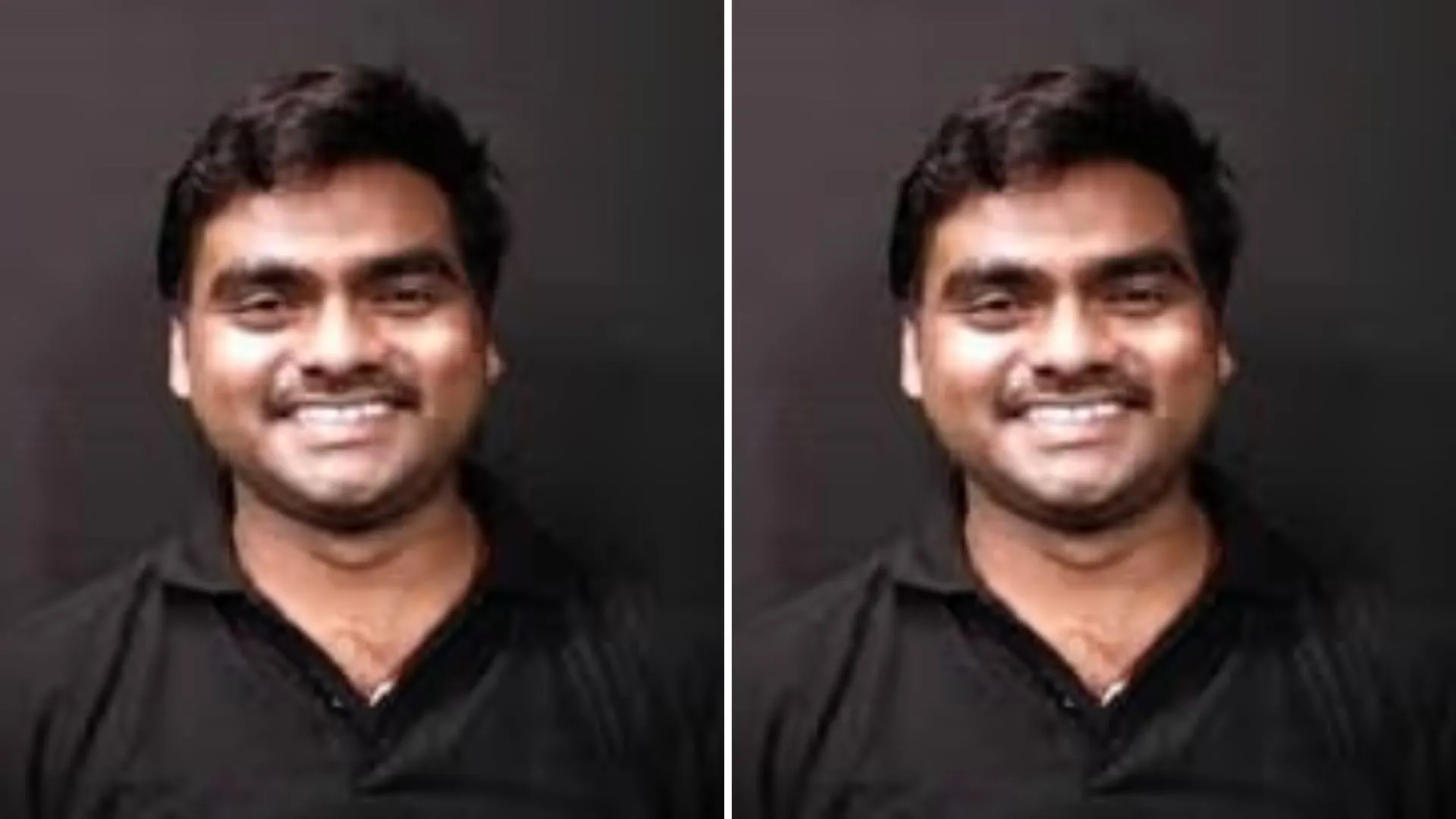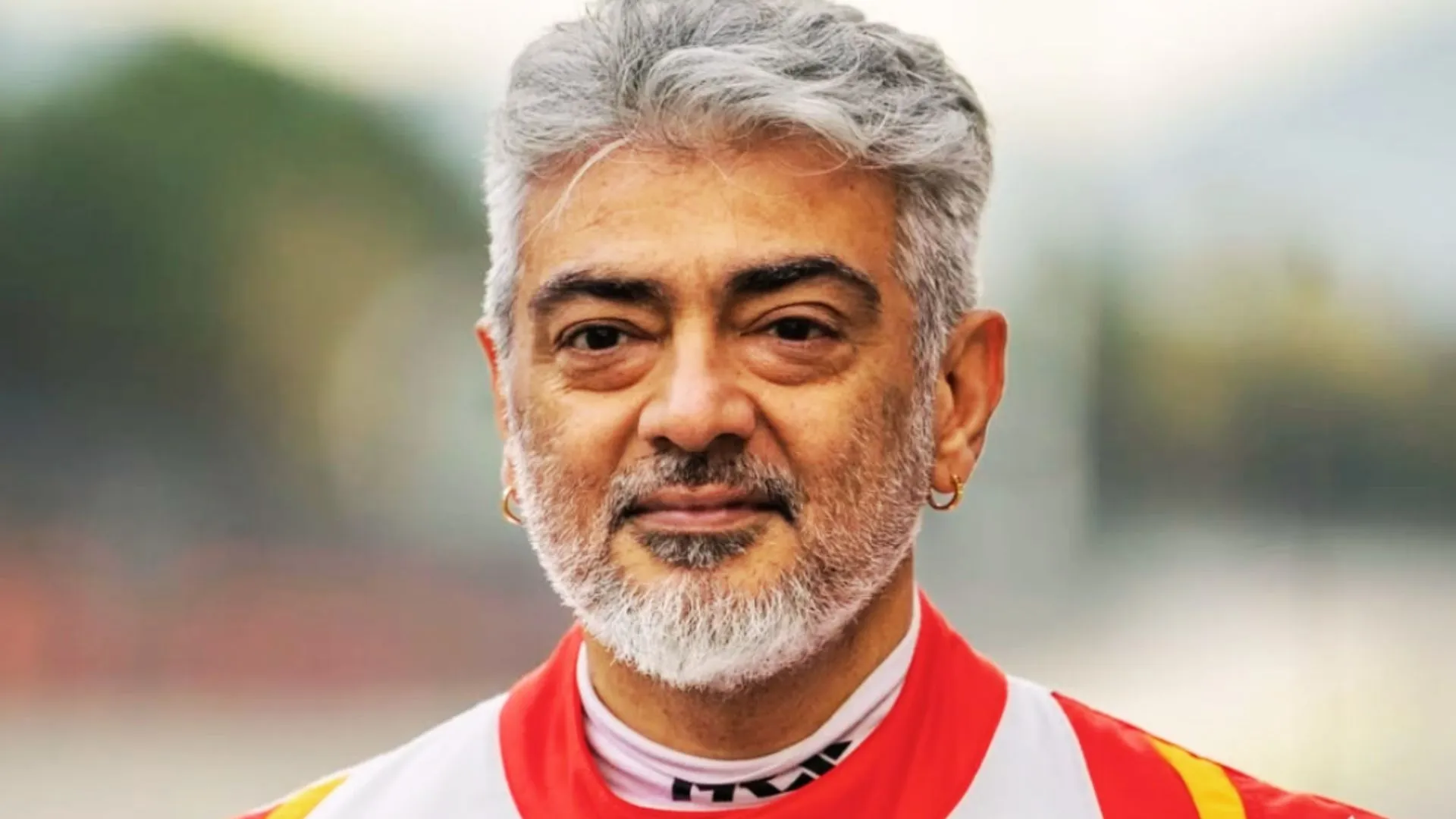The University Grants Commission has unveiled the Draft UGC (Minimum Standards of Instructions in the Award of UG and PG Degrees) Regulations 2024. This move marks a turning point in India’s higher education reforms. These proposed regulations seek to introduce flexibility, inclusivity, and multidisciplinary learning opportunities and set benchmarks for global standards in education.
Once enacted, the rules will come into force for universities established under Central, State or Provincial Acts, institutions affiliated to these universities and deemed universities under Section 3 of the UGC Act, 1956.
UGC Chairman M. Jagadesh Kumar expressed hope over the changes. “The Draft UGC Regulations 2024 seek to revolutionize higher education in India with increased flexibility, abolition of disciplinary rigidity, inclusivity, and multidisciplinary learning opportunities for students. These reforms will help Indian higher education adapt to international standards with an inclusive approach towards diverse learner needs,” he said.
Important Changes In Draft Regulations
Bi-annual Intake: The draft introduces biannual admission cycles for higher education institutions (HEIs) equipped to handle them. Students may now enroll twice a year, during the July/August or January/February sessions, offering greater flexibility for academic planning.
Multiple Entry and Exit Options: The regulations propose a framework for multiple entry and exit points, continuous formative assessment, recognition of prior learning, and the ability to pursue two UG or PG programs simultaneously. These provisions aim to enhance accessibility and accommodate diverse learner needs.
Flexibility in Discipline Selection: Students will not be restricted by their earlier academic disciplines. Admission to UG or PG programs will be open to any discipline, provided the student qualifies through national or university-level entrance examinations for the desired program.
Attendance Requirements: HEIs will be allowed to fix the minimum requirements of attendance, consistent with the holistic and multi-disciplinary learning modes recommended by the National Education Policy (NEP) 2020. Such standards will have to be approved by the statutory bodies of the institutions concerned.
Credit Requirements for Undergraduate Degrees: In order to achieve the undergraduate degree with a main, students will have at least 50% credits in that subject. Then, the other 50% of credits will be obtained via skill-based courses, apprenticeship, or multidisciplinary subjects. Undergraduate will take three to four years, and postgraduate takes one to two years in general.
Accelerated And Extended Degree Programs (ADP/EDP)
The regulations introduce the Accelerated Degree Programs (ADP) and Extended Degree Programs (EDP) at the undergraduate level:
- HEIs can reserve up to 10% of their sanctioned intake for ADP, without any limit for EDP.
- Students can choose ADP or EDP at the end of their first or second semester.
- Curriculum content and total credits are not altered, but the number of courses per semester would vary with the program.
- Degrees under ADP and EDP will be accompanied by a note that academic requirements were completed in a shortened or extended duration.
Eligibility For Advanced Postgraduate Programs
Students who have undertaken a four-year undergraduate program, such as BSc. Hons. in Physics or BE/B. Tech., will be eligible to pursue advanced postgraduate programs in the form of two-year ME or MTech degrees. This provision is consistent with international standards and fulfills the expectations of students wishing to pursue specialized research or professional training.
ALSO READ | Triple Murder Case In South Delhi: The Killer Was The Son, Reason Will SHOCK You























